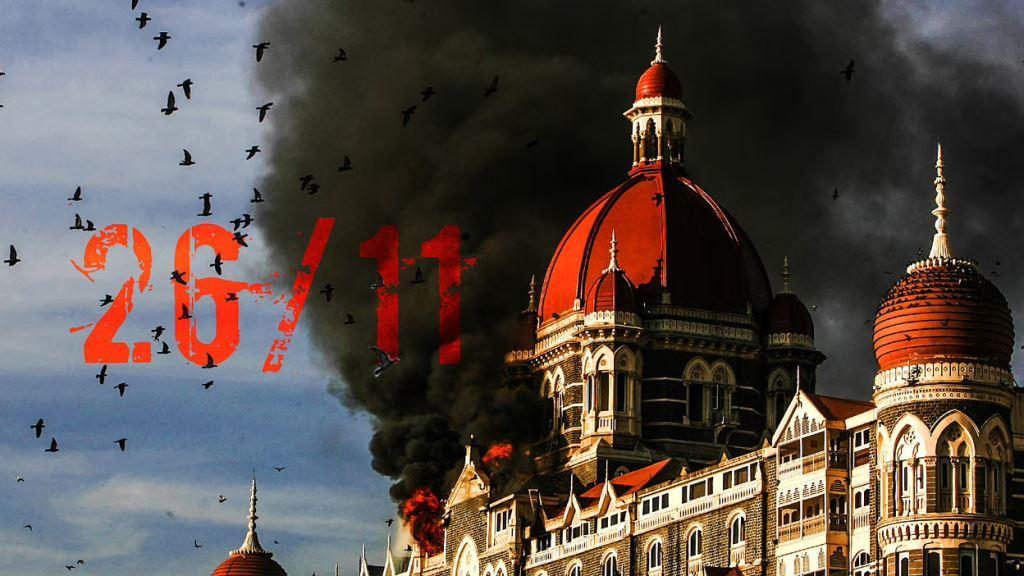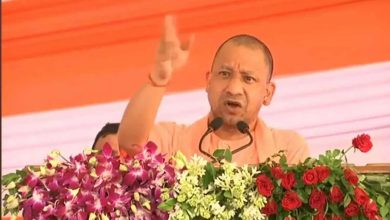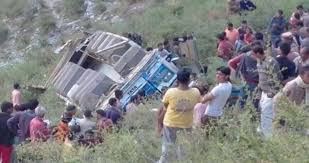12 years of 26/11 Mumbai terror attack : Know how the picture of internal security changed after attack

Mumbai : Today is the 12th anniversary of the Mumbai terror attack. On 26 November 2008, 10 terrorists who came from Pakistan by sea played such a bloody game of violence and bloodshed in the country’s financial capital Mumbai that the whole world was stunned. Lots of things changed after this attack. Relations between India and Pakistan reached the worst level. Taking lessons from this attack, India took several important steps towards strengthening its internal security. Obstacles in the way of mutual coordination between security and intelligence agencies were removed and strong communication mechanisms were established between them. Due to this, India was also successful in thwarting many terror attacks. The failure of intelligence agencies was blamed for the Mumbai attack. However, AS Dulat, former head of the Research and Analysis Wing (RAW), says there was no intelligence failure. Intelligence of the attack was received and it was also passed on to the security related departments. After that incident, the Government of India established a strong information mechanism among all agencies.
166 people were killed
166 people, including 18 security personnel, were killed in the Lashkar-e-Taiba terrorists attack at Trident Hotel, Sion Hospital, VT railway station and Jewish shrine. For about 60 hours, the terrorists kept the hotel and many other places hostage. More than three hundred people were injured in this attack. Nine terrorists were also killed and one was captured alive.
The terrorists from Pakistan reached Mumbai by sea. After the attack, the government paid attention to this and the security of the country’s coasts was strengthened. The entire responsibility of protecting Indian shores was entrusted to the Navy. The India Coast Guard helps them in this task. The Marine Police was established, which guards up to five nautical miles at sea.
Organizations running their terrorist activities from Pakistan spread religious bigotry through Internet media. In view of this, Indian intelligence agencies also seized these organizations on the internet media and developed such a mechanism that they could not affect Indians.
After the Mumbai attack, the government introduced several reforms in police laws. Security forces were equipped with strong weapons and communication equipment. The National Security Guard (NSD) commandos then waited at the airport for eight hours and could not find the aircraft. Such flaws were removed. Former NSG director JK Dutt says, “As the director general of NSG, I did not have the right to acquire the aircraft. Now the rules have changed. Now the DG has the right to take aircraft from any operator registered in India for the safety and service of the people.”
The government has also put in place a mechanism for quick decision making in times of crisis. Now it does not have to wait long. The best example of this is the attack on the terrorist hideout in Balakot, Pakistan. After the terror attack in Pulwama last year, the government decided immediately and within 15 days Pakistan got its answer.
A terrorist named Ajmal Amir Kasab was caught alive in the Mumbai attack. This was probably the first terrorist attack in the world, in which a terrorist was caught alive. He brought the truth of Pakistan in front of the world. Kasab was hanged after legal proceedings in India. But the main perpetrators of the terrorist attack in Pakistan are roaming freely. Pakistan makes various excuses in the name of action.
Ujjwal Nikam, who was a special public prosecutor in this case, says that we want complete justice. For this, it is necessary that those sitting in Pakistan plotting the attack should be brought in front. India has urged Pakistan to hand over Lashkar-e-Taiba leaders Hafiz Saeed and Zakir Rehman Lakhvi, but no action has been taken in this regard.










